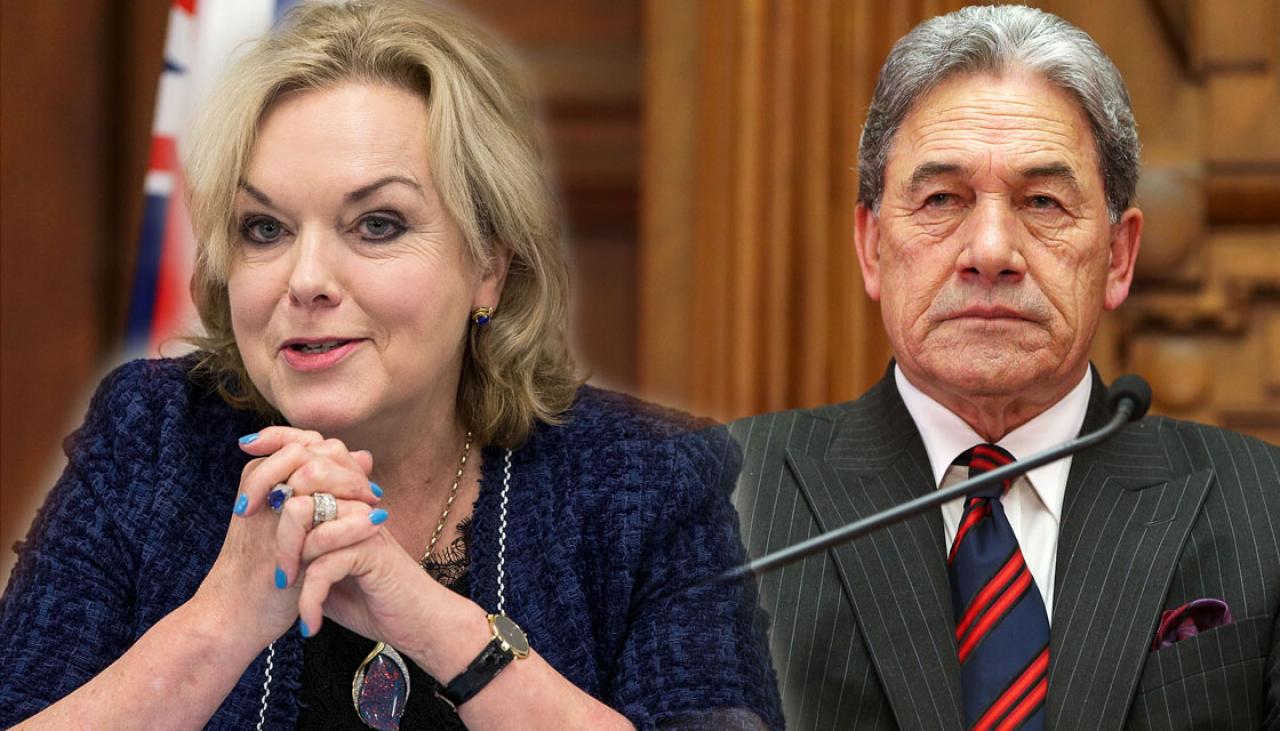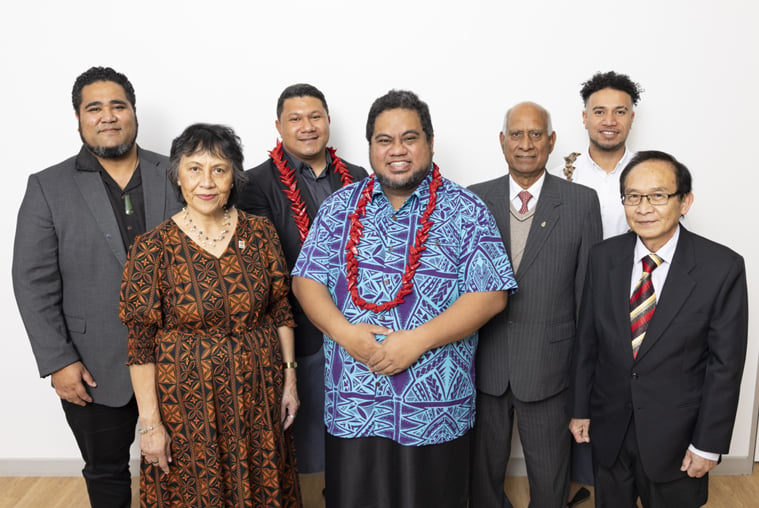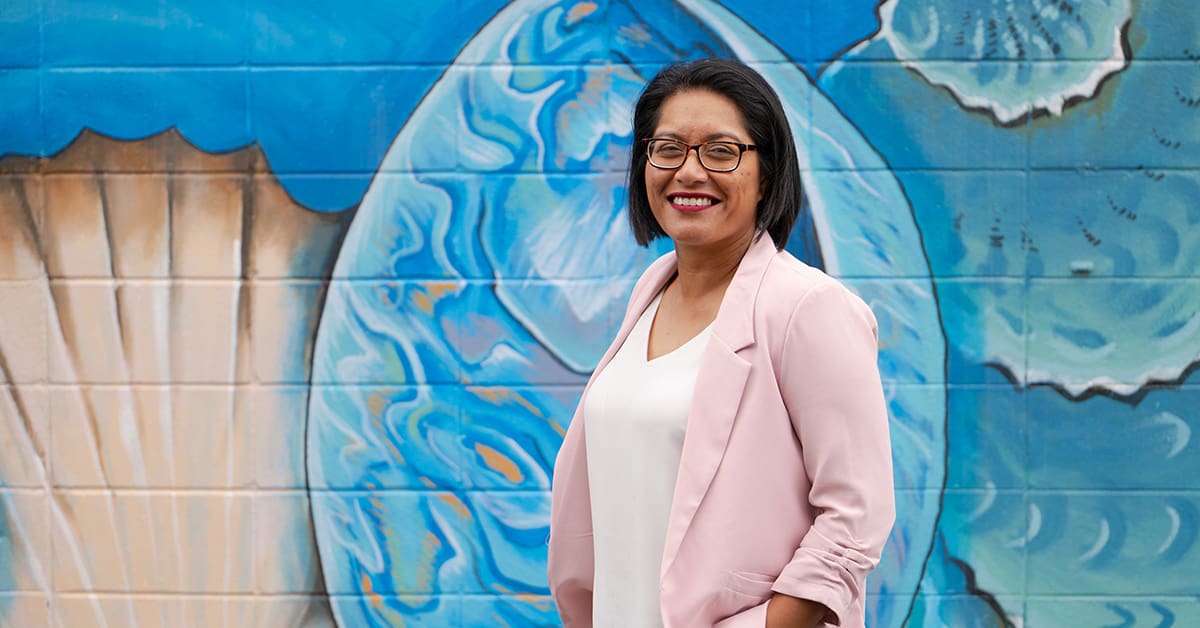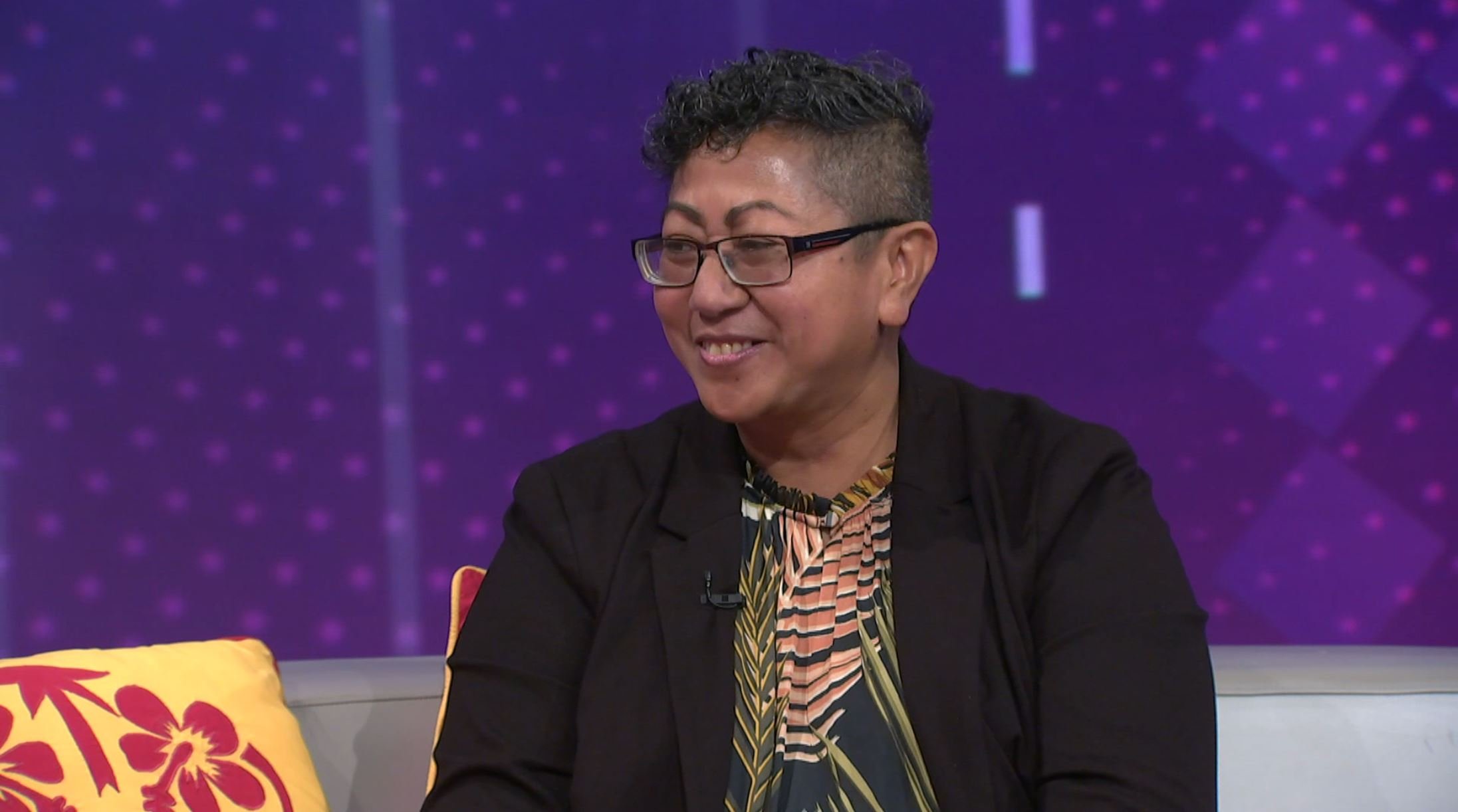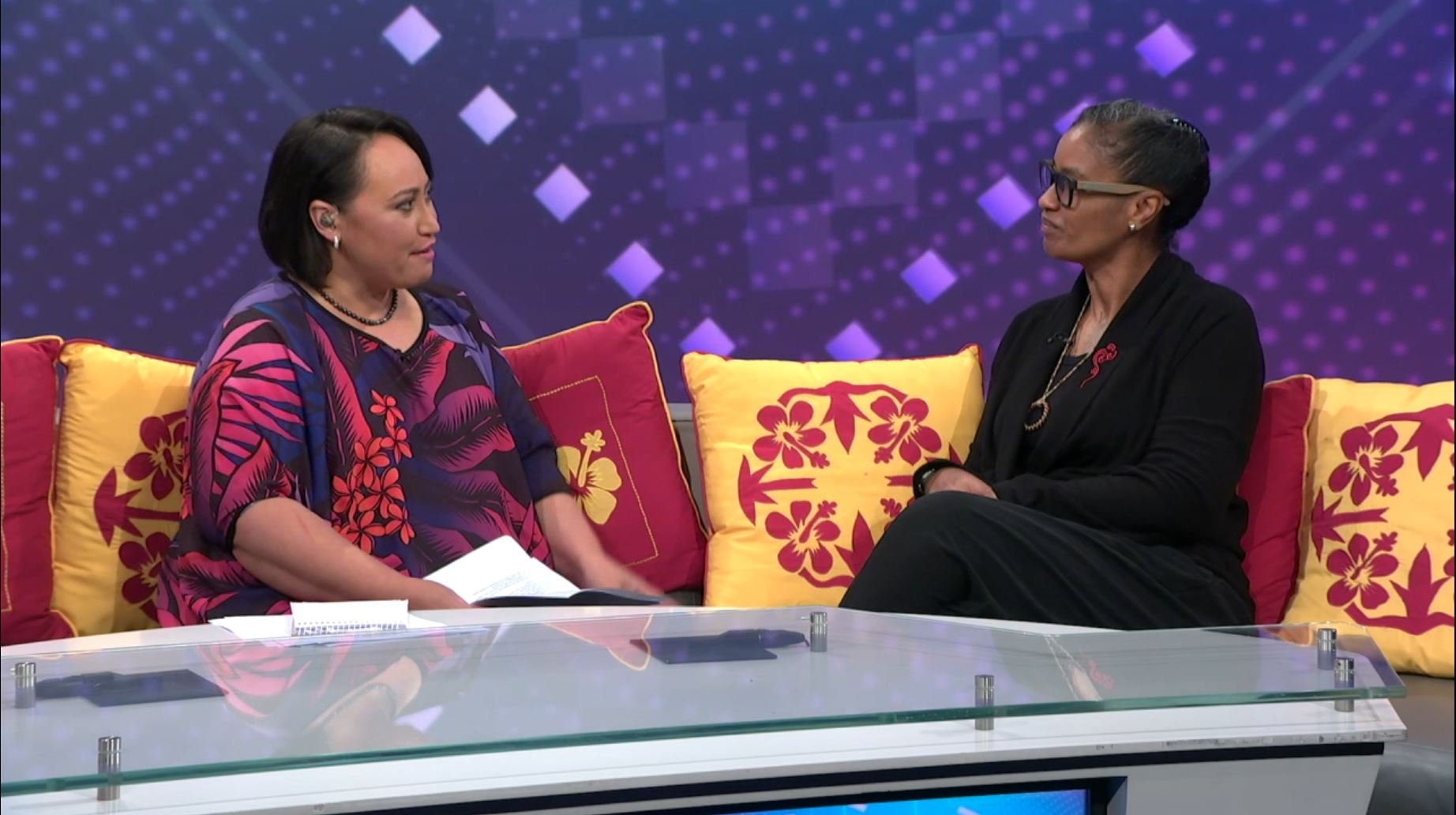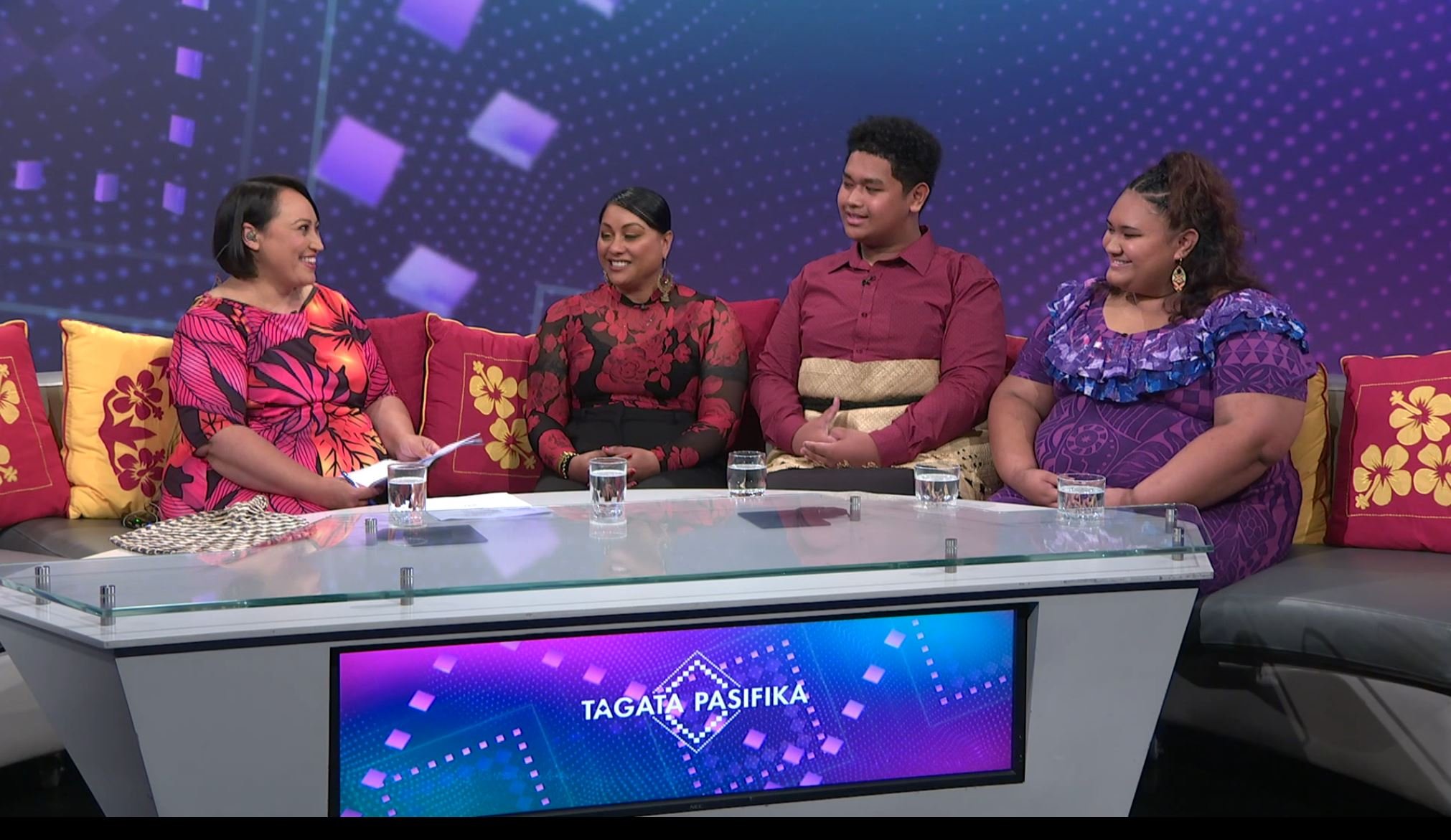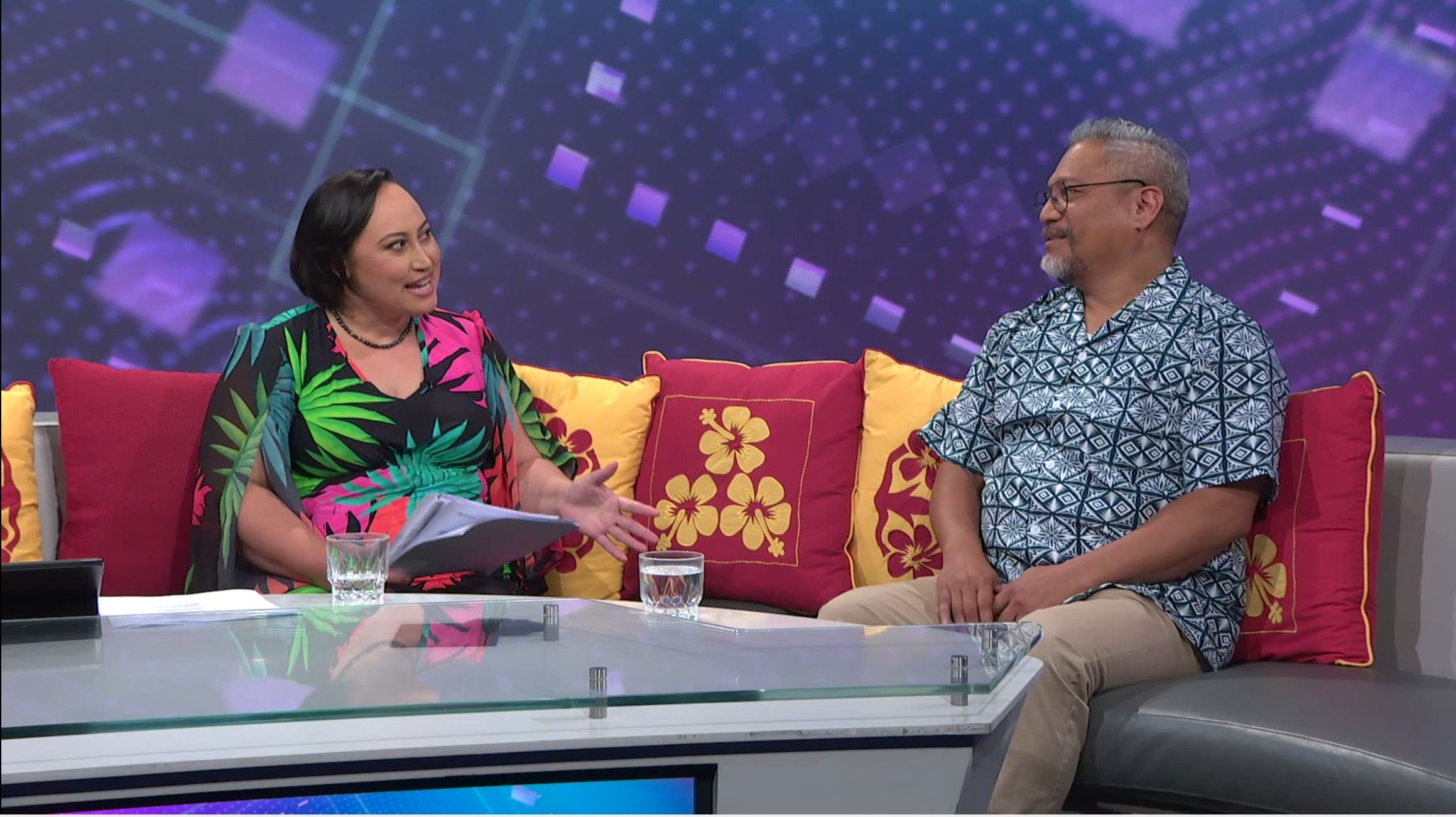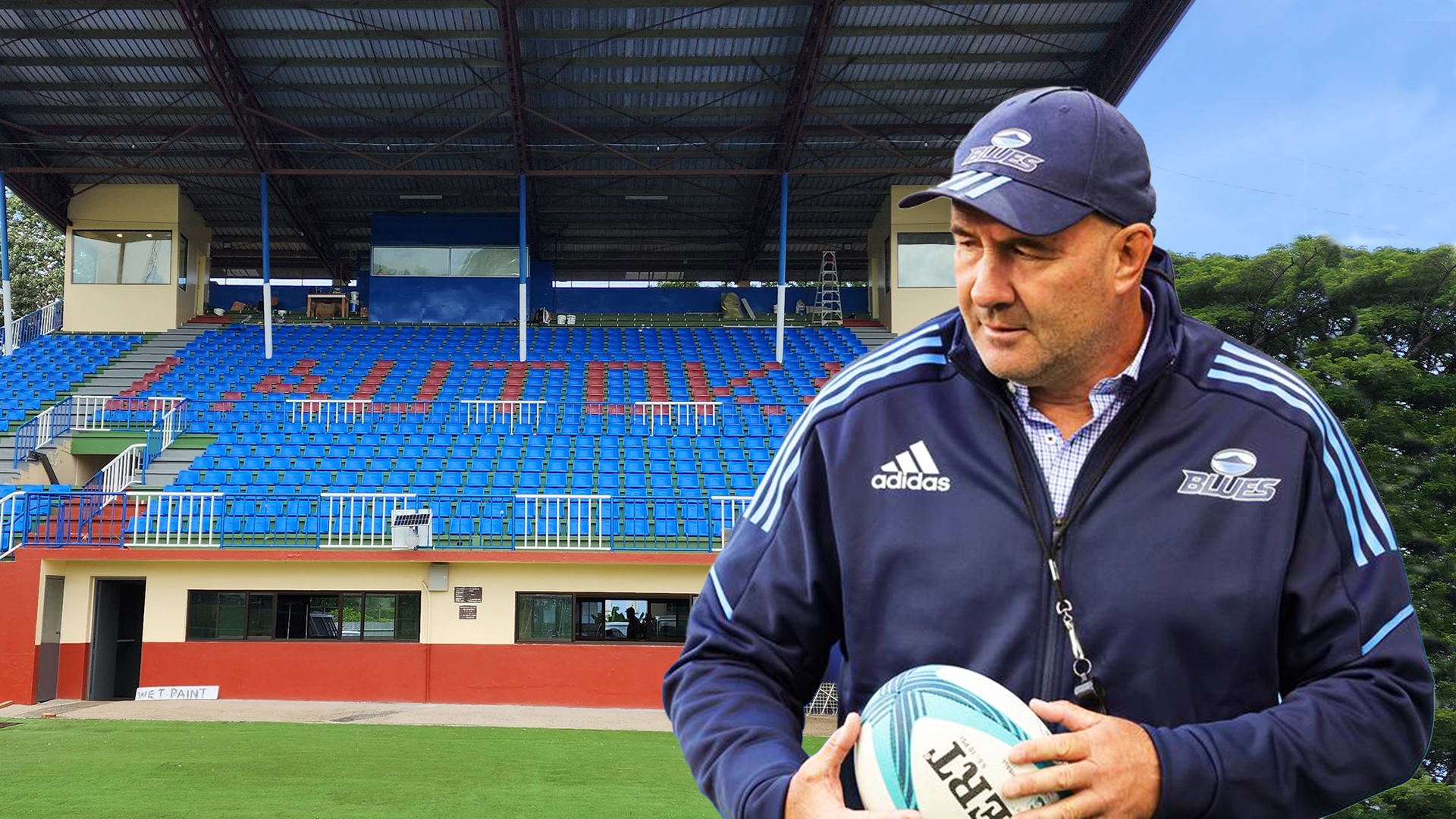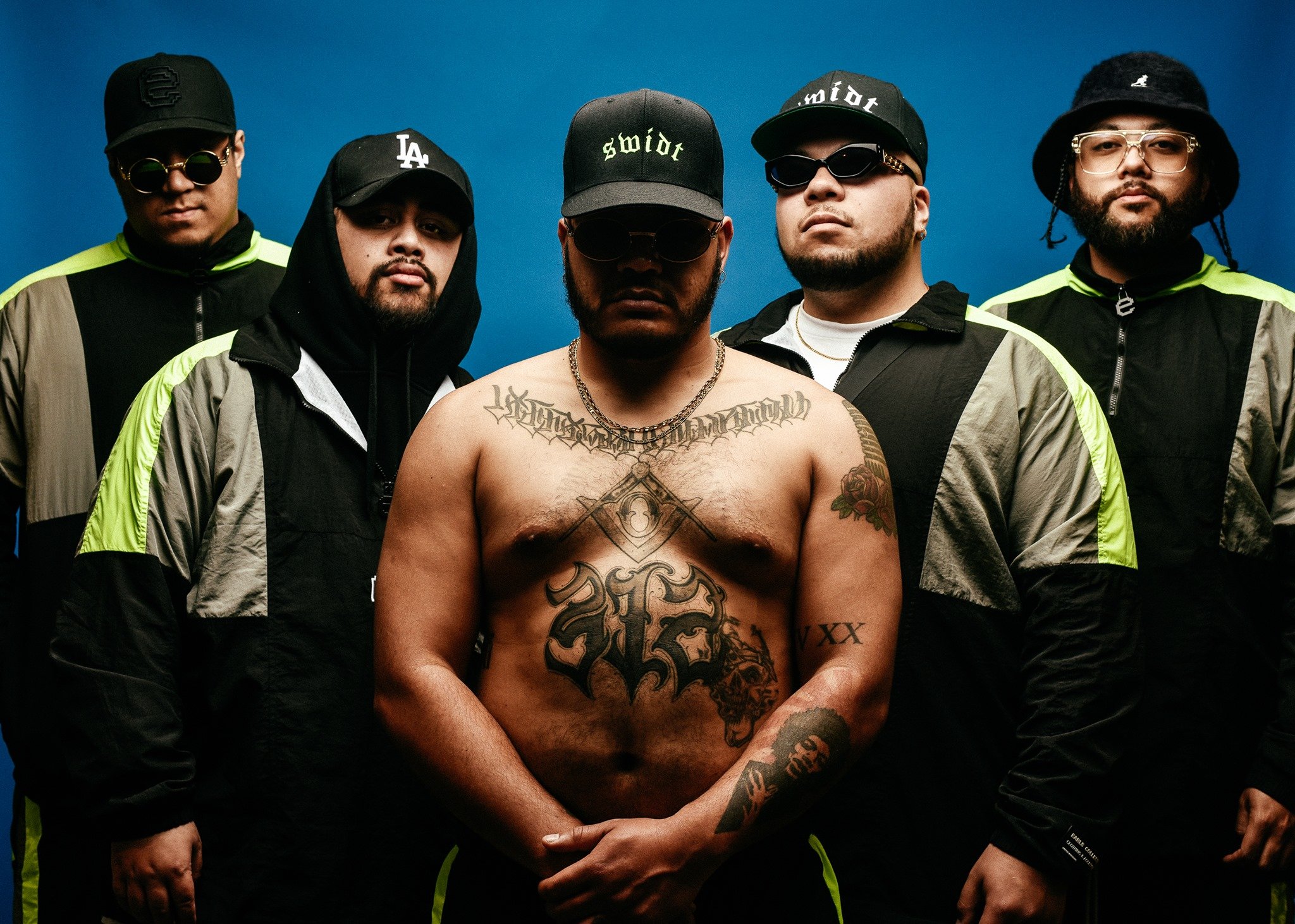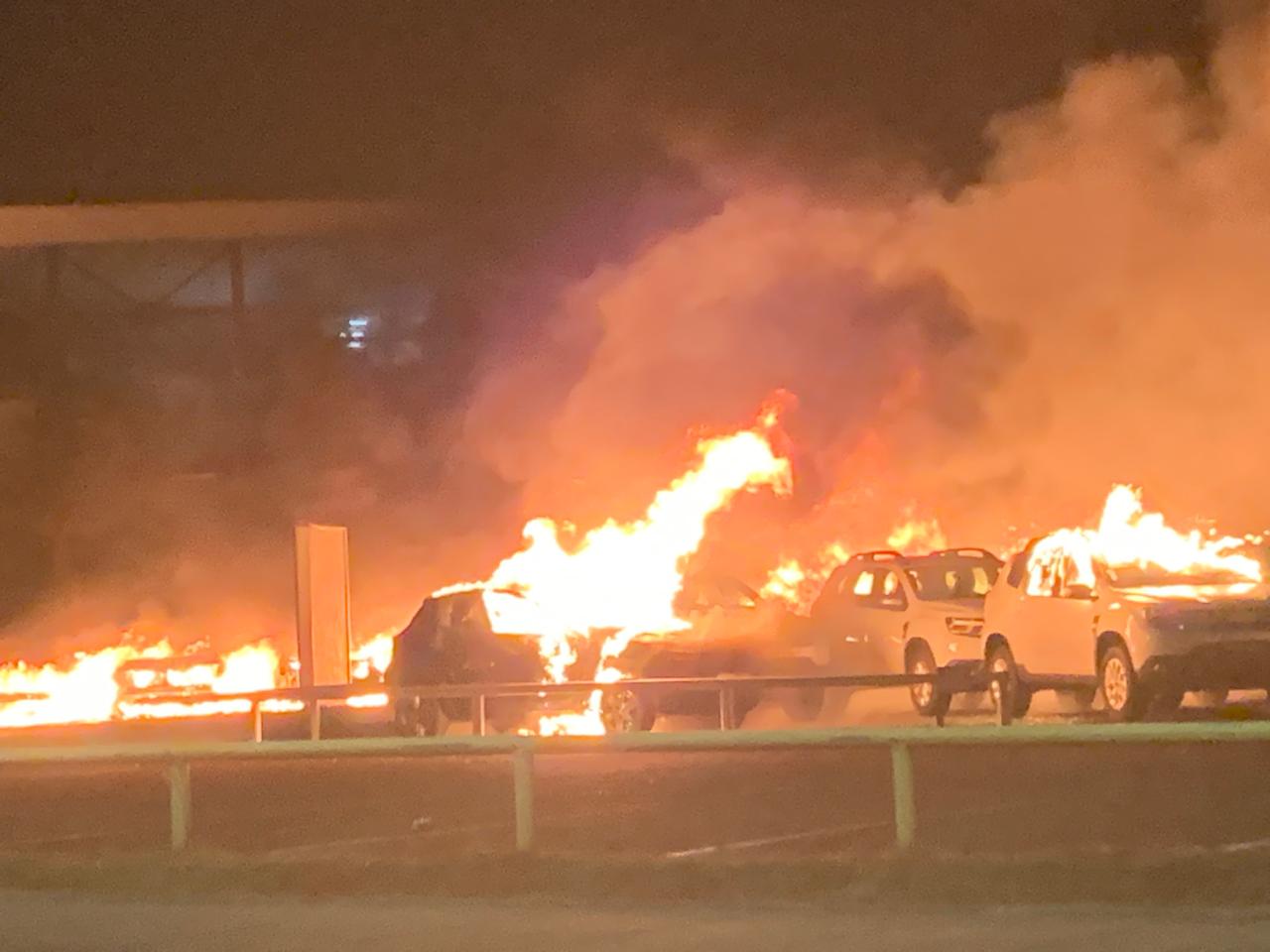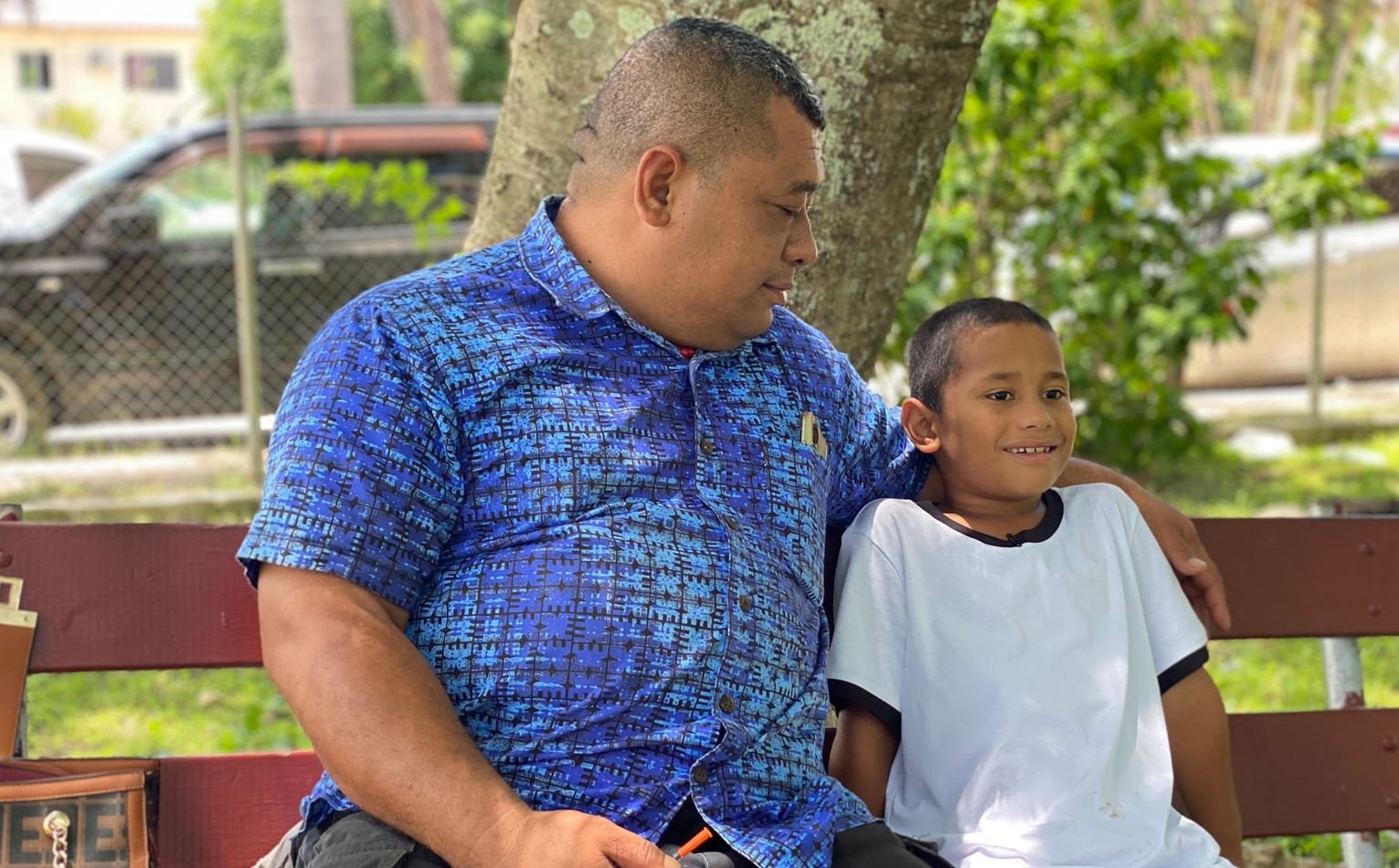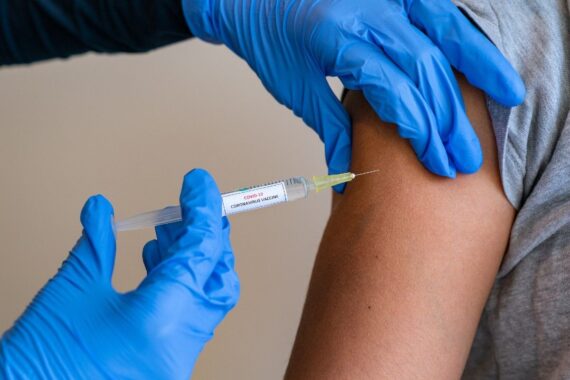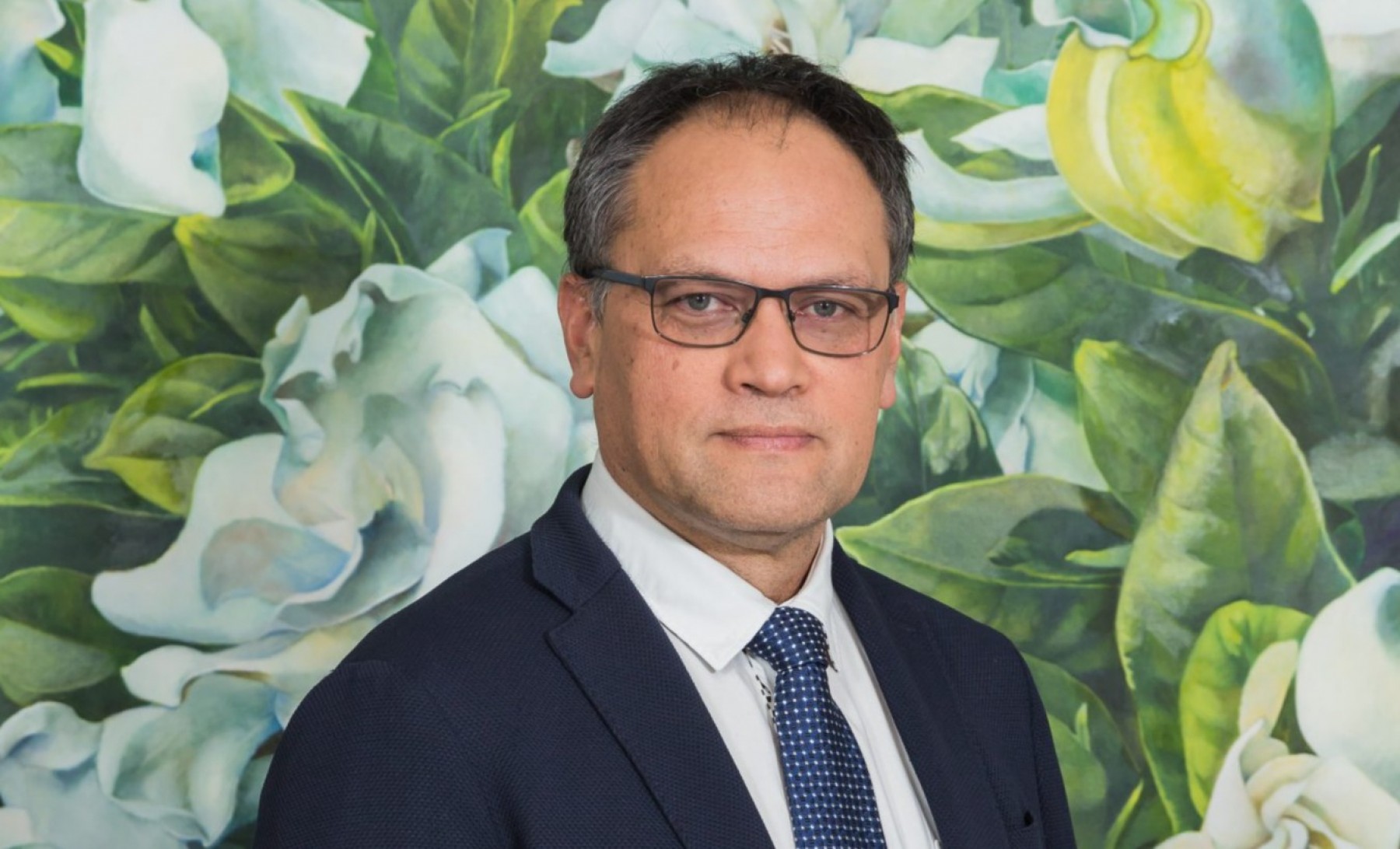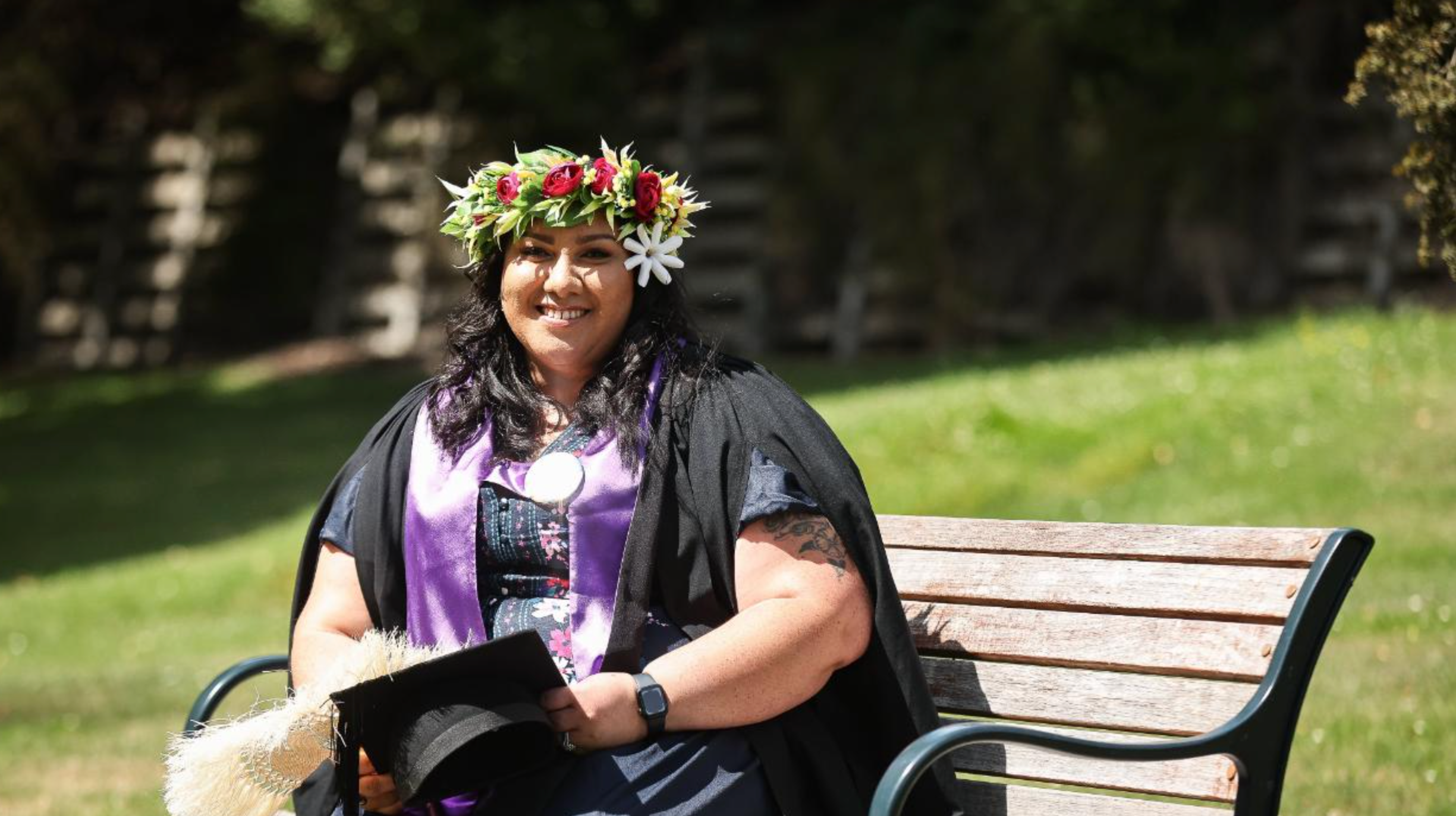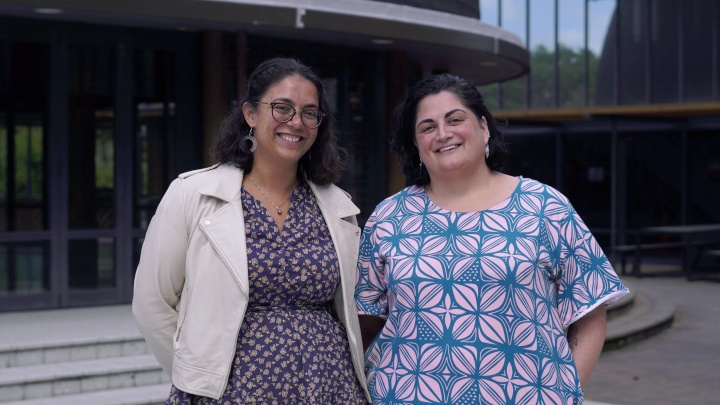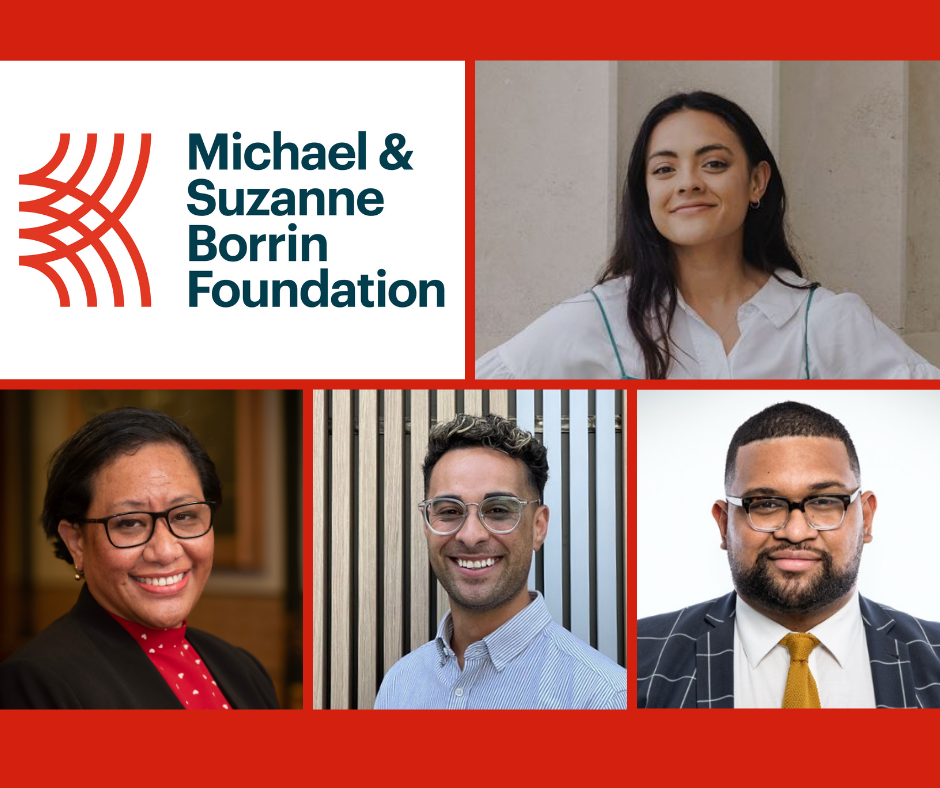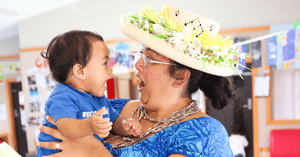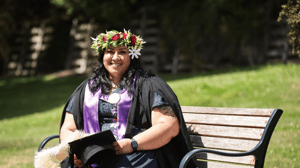Public Interest Journalism funded through NZ On Air
The Pūnana Leo in Hawai’i is celebrating 40 years of the revitalisation of Hawaiian ‘ōlelo.
‘Aha Pūnana Leo O Nu’uanu in ‘Oahu is one of 12 immersion pre-schools across five islands,” Says Ka’iulani Laehā ‘Aha Pūnana Leo’s Chief Executive Officer.
“This is our kula kamali’i (kingerten) for our young, young children here at our Pūnana Leo. For us this is the foundation of our language revitalisation. We started with Pūnana Leo as a strategy to revive ‘ōlelo into a thriving language.”
The Pūnana Leo organisation was formed in 1983 to revive ‘ōlelo Hawai’i, through pre-schools similar to the Kōhanga Reo in Aotearoa.
“Each year across the state we have between 300 to 350 families that are enrolling in our Pūnana Leo systems. Here at this site today we had just under 30 keiki (children) which is pretty typical at our sites.”
The keiki go about their daily routine using ‘ōlelo as it is the only language spoken at the Pūnana Leo to encourage fluency.
“We have our keiki starting the day off with their morning time, with their kumu (teacher) listening and setting their intentions for the day,” Ka’iulani says.
“Looking outside at the weather, how is the day, going over the moon phases, which is all very typical, at a kula (school).”
Attendance at the Pūnana Leo is rising but Ka’iulani says it’s also been a struggle
“Definitely hasn’t been easy I think that’s been just a part of our journey. We’ve learnt to overcome the obstacles and work through them.
“Finding kumu that are prepared, it takes skilled individuals, it takes committed individuals and of course encouraging our families to support our kula and their keiki as well.”
The Pūnana Leo staff are also encouraging families to speak ‘ōlelo Hawai’i at home.
“This is a really critical time for us to make sure that our education system is well established and well cared for as we move forward,” Ka’iulani says.
But in addition to that, taking our ‘ōlelo beyond our school settings and beyond their dinner tables with just our ohana – family is really the crucial next steps and that’s what we’re working towards.”






